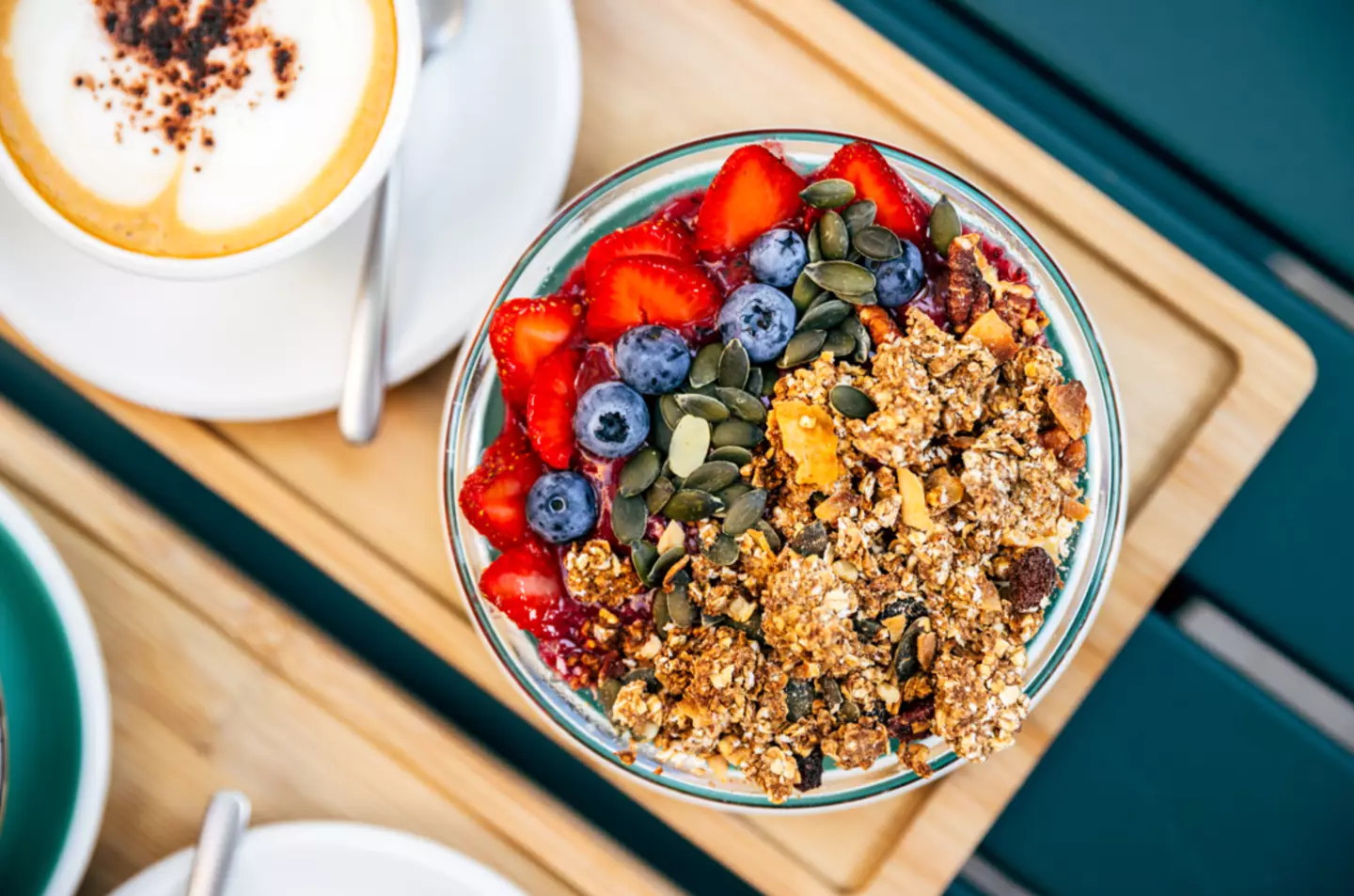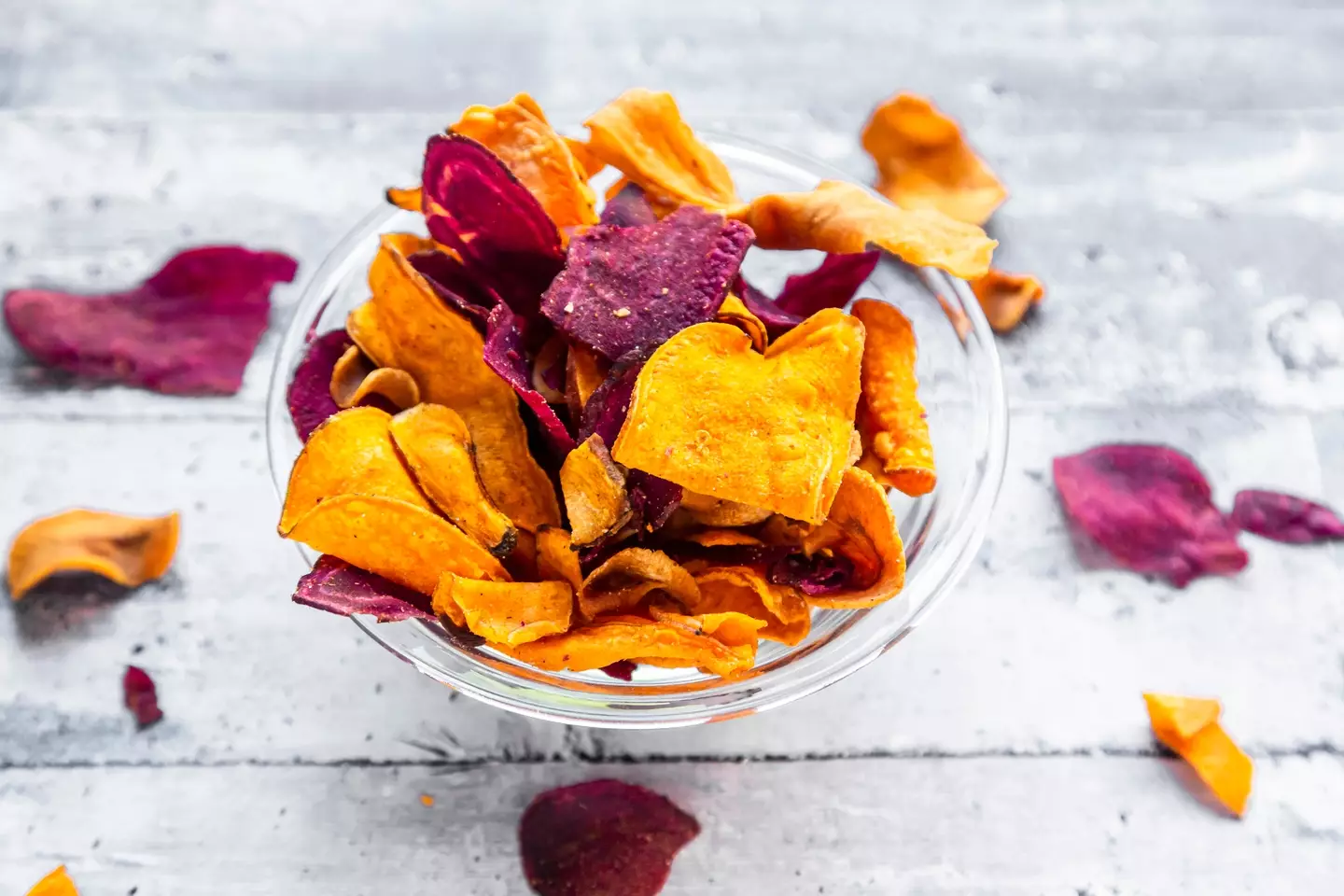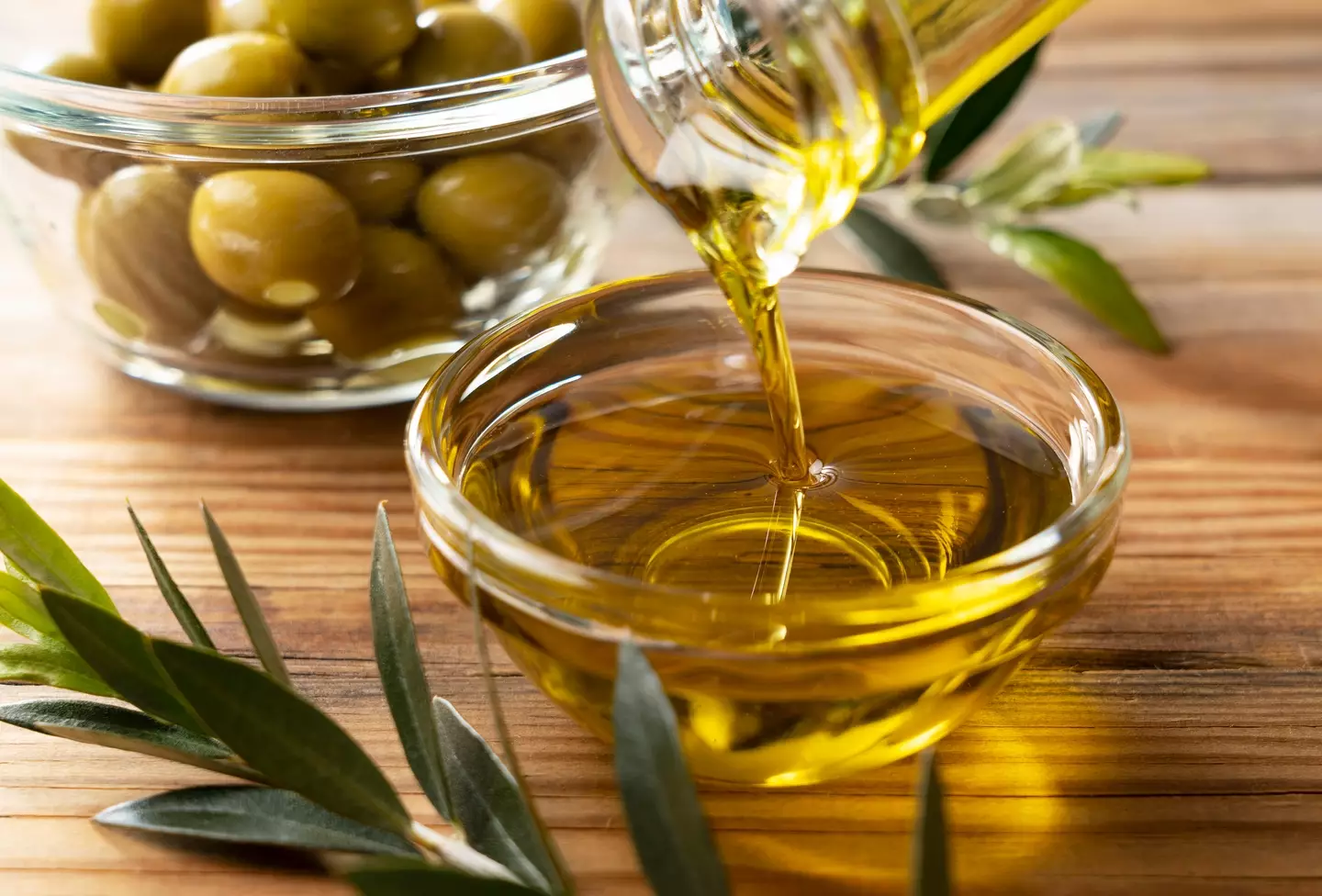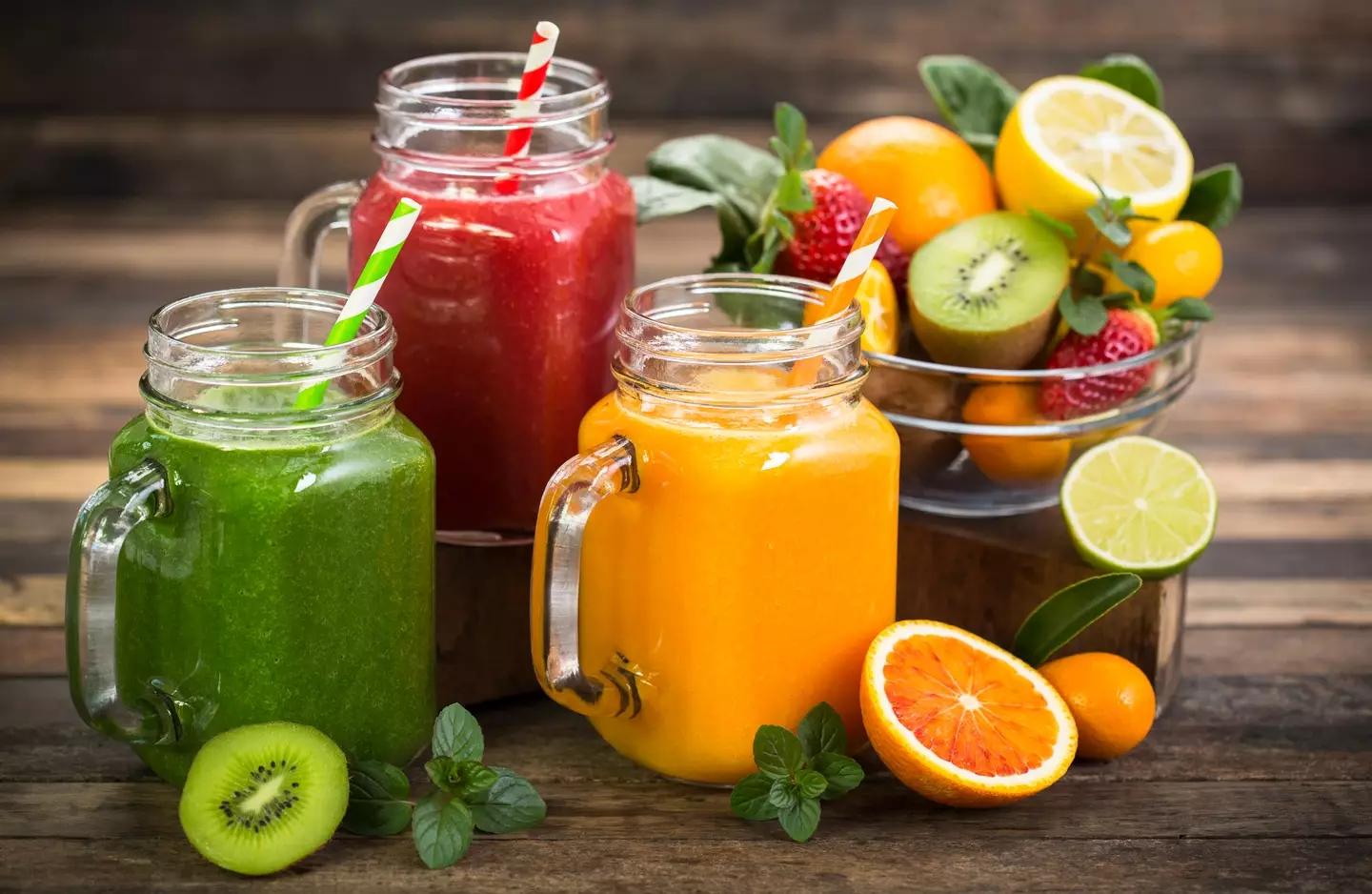A culinary expert has challenged the notion that certain foods are inherently ‘good for you’, despite their ‘healthy’ reputation.
Many people are becoming more mindful about their dietary choices in an effort to improve their health.
However, even if you are cautious about meals that are surprisingly high in salt and sugar, there are still foods with a solid reputation that may have misled you into thinking they should be part of your regular diet.
Jimmy Chill, head chef at Olea & Bloom restaurant in Florida, recently shared his insights with the New York Post on what truly qualifies as ‘good for you’.
He stated: “With years of experience as both a private and commercial chef specializing in curating nutrient-driven menus, I’ve seen firsthand how ‘health food’ marketing buzzwords can make healthy eating become confusing.”

Açaí bowls, for instance, have swiftly gained popularity as a seemingly healthy breakfast option. While the puréed açaí berries and other frozen fruits in these bowls aren’t the issue, the toppings often are.
Chill explained: “Once you add granola, fruit and honey, this superfood becomes a sugar bomb that will eventually make you crash.” He advises avoiding store-bought or café versions and instead making your own with 100 percent pure açaí fruit.

Veggie chips are another food that, despite being plant-based and seemingly healthy, may not actually be beneficial for you.
Chill noted: “Plant-based does not always mean it’s healthy.
“Many plant-based products are made with lab-created ingredients and are highly processed.”
He went on to say that these products ‘offer no vegetable nutritional value’ and that the cooking process often means ‘nutrients are simply lost’.

As people have become more focused on regular exercise over the years, the consumption of protein shakes has increased. However, there are potential downsides based on the type of protein shakes consumed.
Chill explained that these shakes, labeled as meal replacements or weight-loss options, often contain a mixture of highly concentrated ingredients like soy protein or isolated milk protein to boost protein content.
“Additionally, they often contain artificial sweeteners and other additives that can hurt your gut microbiome and ultimately affect your digestion and even your mental clarity,” he said.

Olive oil, known for its health benefits due to monounsaturated fats and antioxidants like polyphenols, also requires moderation.
Chill pointed out: “While olive oil does contain heart-healthy fats, it’s all about portion control.”
He emphasized that ‘not all oils are created equal’ and some have higher calorie counts than others.

Detox juices have also become a trend, yet Chill stated there is ‘no need’ for them since a healthy body will detoxify ‘on its own’. He also highlighted that many smoothies can be ‘extremely high in calories’.
He said: “As with veggie chips, blending fruits can degrade nutrients, and most store-bought options are pasteurized, which reduces the freshness.”
Moderation is key, and it’s important not to be swayed by marketing claims about the latest health ‘superfood’.

